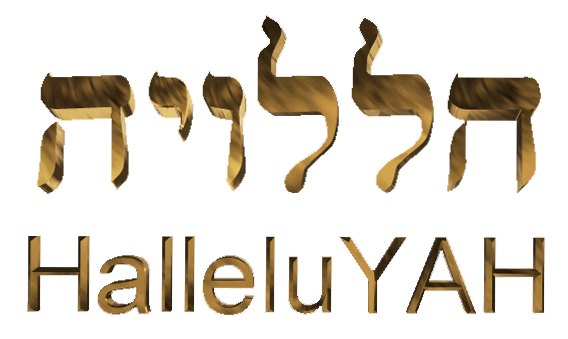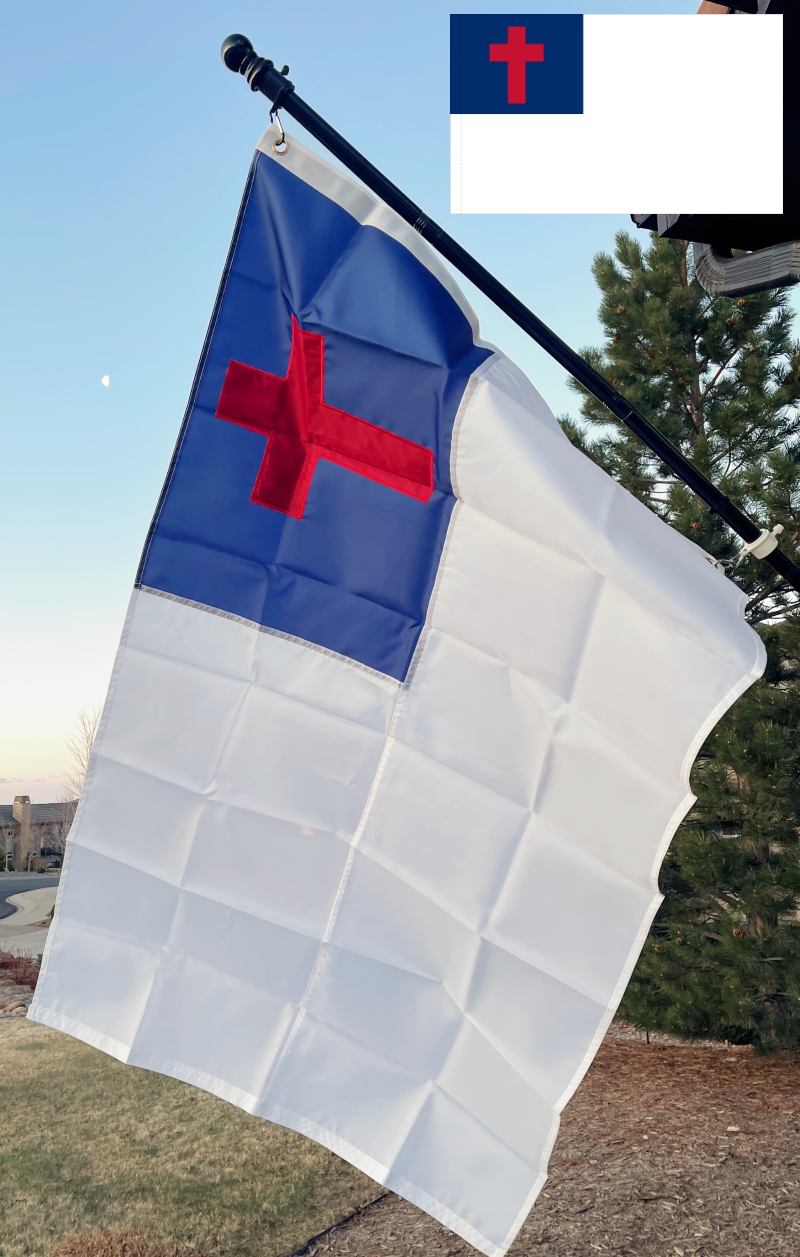Find New Life
April 20, 2025 (Easter Sunday)Pastor Patrick presented today's message, "Find New Life" A video of today's message is here on YouTube.
Patrick talked a lot about atonement. So, I thought I'd pull together various paragraphs that I've used throughout this website that have to do with atonement...
The word for the cover on the Ark of the Covenant is ka-por-et (כַּפֹּרֶת, sometimes translated as "mercy seat"). If you sound it out, you may hear the similarity to Kippur (same 3-letter root thing again, KPR). Yom Kippur is the Jewish Day of Atonement. There is a notion of atonement to the cover, and vice versa! Atoning "covers" your sins. What does this tell us? God wants atonement to be part of coming to God, of worshiping. You could argue from this that the most important reason to go to church, or the tabernacle, is to atone. Atonement is literally at the center of God's design for a center of worship (The Temple).
In a good marriage, certain offenses are simply "covered up" (atoned for).
Old Testament atonement can be for "cleansing" inanimate objects as well as cleansing one's sins. In most of these cases, atonement involves sacrifice, burnt offerings, and the like." This is how the first monotheists "got closer to God" as they were used to sacrifices in the ANE's pagan ways. By proscribing how these sacrifices were to be "properly" done, God put new wine into old vessels.
It is clear the Torah considers mankind flawed and cannot reach perfection. Among other things, this is why there's a Yom Kippur, Day of Atonement, commanded in the Torah. I would characterize the old covenant as "Follow my instructions to make you better and to make the world better. And when you mess up, atone." Some have described this as Practical Righteousness, though neither that nor any other term/phrase I've read strikes me as the right summation. This begs the question, "How does God determine who 'gets in' and who doesn't?" I trust that God deals in perfect justice, however that process works.
Day of Atonement - Yom Kippur
Leviticus 23:26-32
Numbers 29:7-11
Israel's most solemn holy day. It's all about atoning for one's sins. There were animal sacrifices involved, and part of the story includes the origin of the "scapegoat."
Yom Kippur, the Day of Atonement, also offered ways to "make things right with others." This is more obviously meant to allow you to ask for forgiveness for things you have done to others. In a sense, though, harboring bitterness is an offense to not only the one who offended you somehow (and maybe unknowingly, unintentionally), but also to those simply around you putting up with your bitter demeanor.
The Torah clearly says yes, there can be collective guilt. The clearest story depicting this is of Sodom and Gommorah. Abraham argues with God about how many righteous people must be in Sodom before He spares the city (Genesis 18:16-33). The number ends up being ten, not zero. In the descriptions of the sacrifices in Leviticus, it's clear than some sacrifices are to atone "for all," clearly suggesting community responsibility.
There is a case in the Torah where the giving was not a percentage but rather a specific amount. Every male of 20 years or more was to pay one-half shekel (pictured at right) during the census. This discussion is in Exodus 30:11-16. The fixed and small amount was so everyone could participate and no one could claim having built/supported the Tabernacle more than anyone else. This offering was considered an atonement (reparation for an offense, a sin). The fixed amount also served another purpose... If 10,000 shekels were raised, they knew there must be 20,000 males of military age.
"Perfection" was not ever a requirement in the Torah. The Torah recognized (in spades) that "the intent of man's heart is evil from his youth" (Genesis 8:21). What the Torah offered was how to repair broken relationships, including broken relationships with God. This was done primarily through study and prayer, sacrifice, repentance, and events such as Yom Kippur (Day of Atonement). Fasting is first commanded as part of Yom Kippur, the Day of Atonement (Leviticus 23:27). The Yom Kippur fasting was not called fasting per se, rather "afflicting one's soul" in order to draw nearer to God.
"The last words of the Song of Moses are a promise that God will “make atonement for his land and people" (Deuteronomy 32:43). This is a significant promise, because the atonement for God's people is none other than the sacrifice of God's own Son, Jesus Christ." [GotQuestions.com]
 Hallelujah was a word used somewhat often during the service today. It's a Hebrew phrase of two words that expresses adoration, worship, and thanksgiving to God: hal'lu, to praise, and a shortened version of God, Yah. It looks like this: הַלְלוּ יָהּ (don't forget, right to left). The word to praise can include boasting. When was the last time you bragged about your God?! There is a group of Psalms known as the Hallelujah Psalms: 146-150.
Hallelujah was a word used somewhat often during the service today. It's a Hebrew phrase of two words that expresses adoration, worship, and thanksgiving to God: hal'lu, to praise, and a shortened version of God, Yah. It looks like this: הַלְלוּ יָהּ (don't forget, right to left). The word to praise can include boasting. When was the last time you bragged about your God?! There is a group of Psalms known as the Hallelujah Psalms: 146-150.Bonus
Hallelujah Chorus by Forte Handbell Quartet
The Forte Handbell Quartet is a local handbell group here in Colorado Springs. They are phenomenal; don't miss a chance to hear and watch(!) them play. On Easter Sunday morning they posted one of their versions of the Hallelujah Chorus (from Handel's Messiah). I found another version of theirs on YouTube: Forté Handbell Quartet - Handel's Hallelujah Chorus.

From Wikipedia: "Handel's Messiah is an English-language oratorio composed in 1741 by George Frideric Handel. The text was compiled from the King James Bible and the Coverdale Psalter by Charles Jennens. It was first performed in Dublin on 13 April 1742."
One of my favorite traditions at the Arroyo Grande United Methodist Church we attended in California was the singing of the Hallelujah Chorus at the conclusion of every Easter Sunday service. And I got to direct (during the decade I was their Choir Director)! We handed out the music and invited anyone/everyone to come up and join us. It was a packed chancel and a great sound!
Both Messiah and Christ are titles. Messiah is from the Hebrew (maw-shee'-akh, מָשִׁיחַ) meaning "anointed one." Christ is the Greek (Christos, Χριστός) meaning messiah. Christ can be used as a title, Christ Jesus, or a name, Jesus Christ, although the latter may be more technically correct if said as Jesus the Christ.
Bonus2
Song of Moses
From David Nekrutman: "The words expressed at the Reed Sea were not petitionary in nature, but the radical amazement of living through a God moment. For the first time, the souls of a nation fused themselves with the divine creative force of words. The Song of Moses has become a repository of the spirit. At that moment, a nation invited Him to be the LORD of their souls."
"There is an opportunity to reflect on how our own prayer lives can be occasions of self-surrender and to view the world from His point of view. In a time where the discussions about faith and state are heightened, I believe we need to address the separation between our houses of worship and God. Both Judaism and Christianity are being heavily influenced by fleeting trends of secular society."
"In exercising the responsibility of freedom is the courage to live as His ambassador in the world. This means not to go with the flow and follow the path of least resistance. To pray means to bring more of God into the world, to establish His kingship, and to let His glory prevail. Responsible freedom is hard to maintain, and it requires a prayer life of understanding of His desire that we pray to Him."
Faithfulness is a key theme. God is called "the Rock" at least 4 times.
It is also understood that this was truly a song - to be sung.
The Song of Moses is Deuteronomy 32: 1-43. There are two other passages sometimes called the Songs of Moses: Exodus 15 and Psalm 90.
Bonus3
Christian Flag
 This version of a Christian flag was adopted officially on January 23, 1942, by the U.S. Federal Council of Churches (now the National Council of Churches and Christian Churches Together). It had been unofficially adopted in 1897. This is the flag I grew up understanding was "the Christian flag" as it was the flag I saw in Presbyterian and Methodist churches throughout my life. Actually, it's been some time since I've seen this flag in a church since we've been attending non-denominational churches. While it's been and is still used by denominations such as Anglican, Baptist, Congregationalist, Lutheran, Mennonite, Methodist, Moravian, Presbyterian, and Reformed, it is by no means a universal Christian flag.
This version of a Christian flag was adopted officially on January 23, 1942, by the U.S. Federal Council of Churches (now the National Council of Churches and Christian Churches Together). It had been unofficially adopted in 1897. This is the flag I grew up understanding was "the Christian flag" as it was the flag I saw in Presbyterian and Methodist churches throughout my life. Actually, it's been some time since I've seen this flag in a church since we've been attending non-denominational churches. While it's been and is still used by denominations such as Anglican, Baptist, Congregationalist, Lutheran, Mennonite, Methodist, Moravian, Presbyterian, and Reformed, it is by no means a universal Christian flag.According to Wikipedia, this design was first conceived at Brighton Chapel on Coney Island in Brooklyn, New York. According to the story, a class of students did an impromptu session on "what would a Christian flag look like?" when a speaker for the day failed to show up.
There is an "Anthem of the Christian Flag" written by Fanny Crosby.
Wikipedia: History of Christian flags. The article includes national flags with Christian symbols in them, Crusader era flags, and flags of other denominations.
I flew this flag on Easter Sunday. See Jamie's Flags.